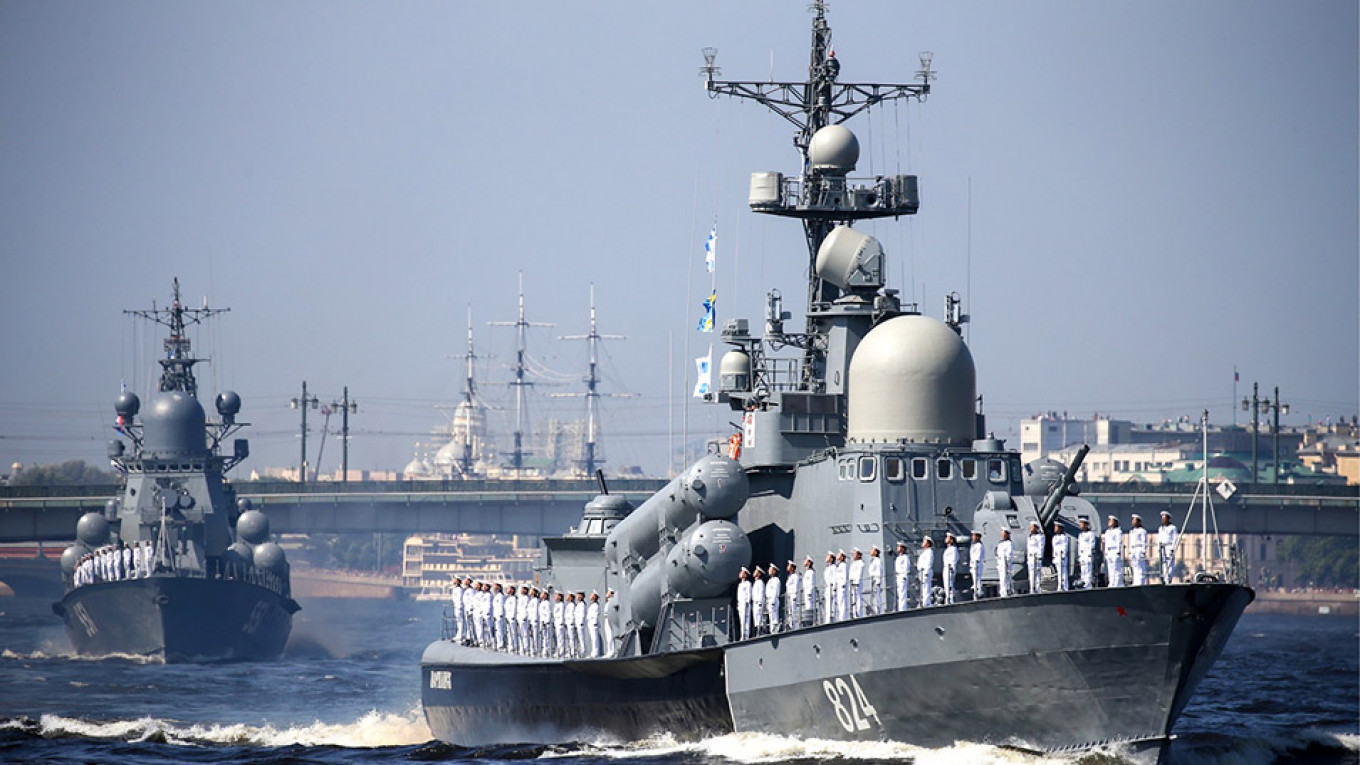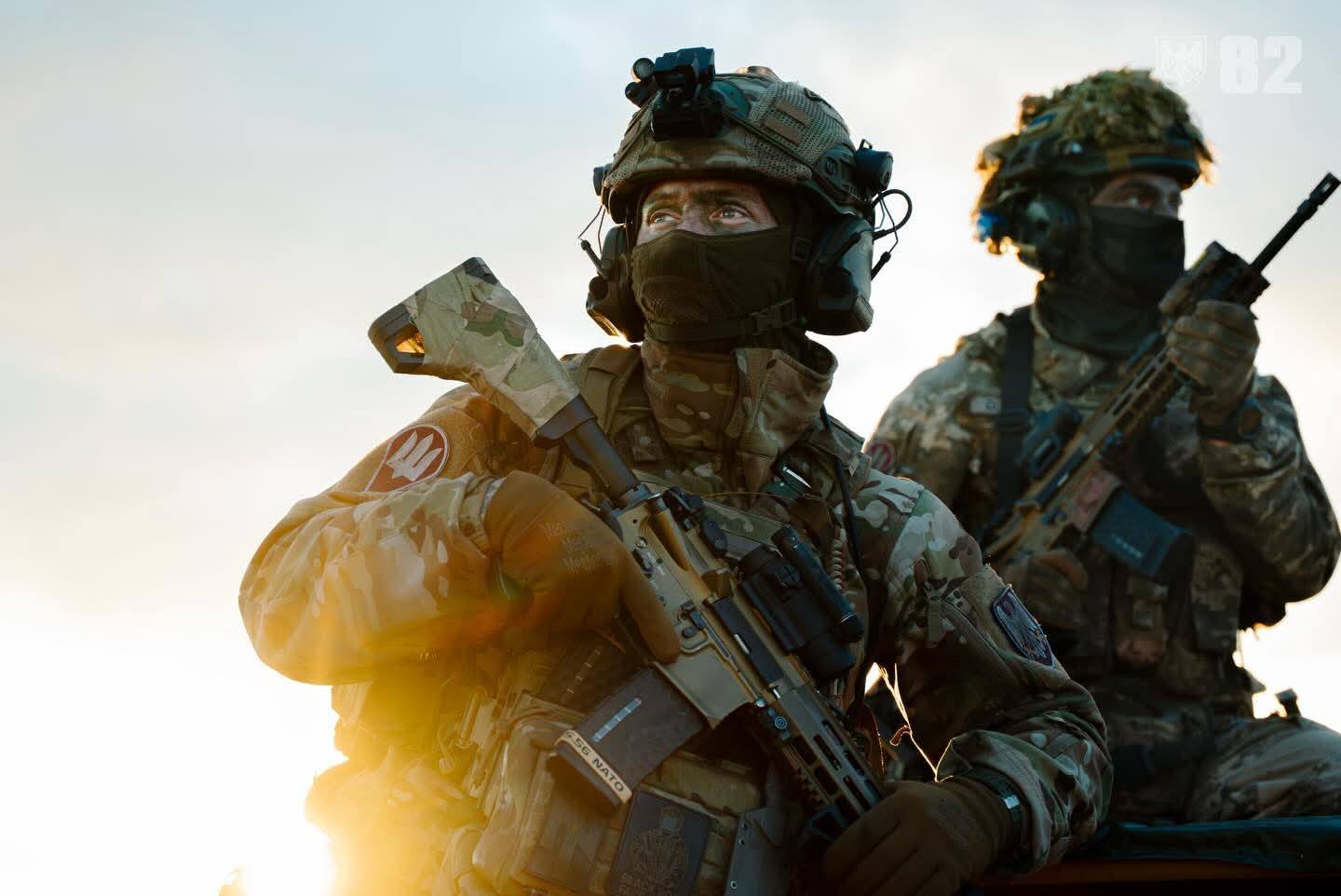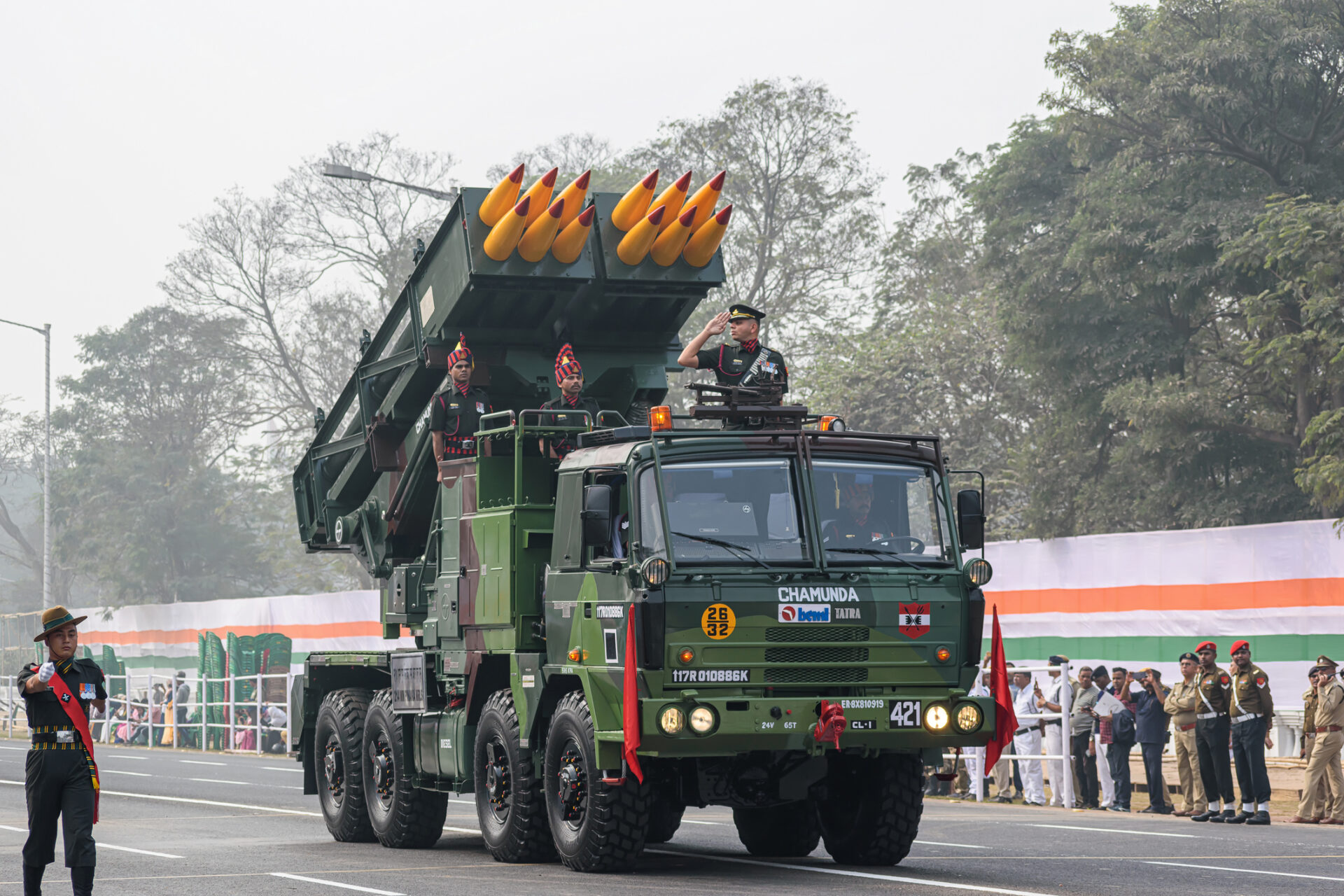
Ukrainian Successes Force Moscow to Rebase Russian Black Sea Fleet in Abkhazia
Ukrainian Successes Force Moscow to Rebase Russian Black Sea Fleet in Abkhazia
Executive Summary:
- Ukraine’s recent successes at sea have pushed Moscow to consider relocating its vessels to a planned naval base in the Russian-controlled Republic of Abkhazia in Georgia.
- Ukrainian attacks have effectively pushed the Russian Black Sea fleet out of Crimea, opening the possibility of retaking the peninsula in the near future.
- Russia will likely seek to expand the base at Ochamchire as soon as possible to limit the chance for Western competition there.
Following repeated Ukrainian successes in the Black Sea, Russia has been shifting its vessels from the naval base at Sevastopol in Crimea to Novorossiysk and other Russian facilities further away from Ukraine. These locations hold a lower risk of attack (The Moscow Times, October 5, 2023). Ukrainian forces have continued to put pressure on the Russian Black Sea Fleet with a series of drone attacks on Sevastopol and the sinking of more than 20 Russian naval vessels, including the Moskva flagship (see EDM, November 8, 2022; July 25, 2023; The Moscow Times, December 29, 2023; January 12). Now, in an implicit recognition of Ukrainian successes and its own defeats, Russia has decided to place its hopes on expanding a border guard station in Abkhazia, the breakaway Georgian republic, into a full-scale naval base. Moscow has already begun moving some smaller vessels of the Black Sea Fleet to that site to shield them from Ukrainian attacks (Kavkaz-uzel.eu, January 15; The New Voice of Ukraine, January 16).
The Abkhazian government has agreed to this arrangement and Russian analysts expect the locals to back the project due to the employment opportunities such a base will provide (Foreign Military Studies Office, January 3; RIA Novosti, January 12; Abkhazia-news.ru, January 14; Kavkaz-uzel.eu, January 15). Opposition groups in Abkhazia, however, fear that the expanded base, similar to the recent transfer of Abkhazian territory around Pitsunda to Russian control, will compromise their republic’s independence, especially if the base becomes a target of future Ukrainian attacks (The Moscow Times, December 27, 2023; Abaza.tv, accessed January 17). Consequently, Russia’s plans may run into serious obstacles.
Ukrainian officials are clearly pleased with the victories at sea during a time when many in the West are suggesting Russia has gained the advantage on land. In November 2023, Ukrainian President Volodymyr Zelenskyy said that his country’s attacks on the Black Sea Fleet and its home base in Sevastopol meant that Russia was no longer in a position to use that fleet to effectively target Ukraine’s critical infrastructure (Ua.news, November 16, 2023). More recently, Admiral Oleksii Neizhpapa, commander of the Ukrainian Navy, declared last week that Russia’s withdrawal from Sevastopol would make it “impossible” for the Russian fleet to remain in the Black Sea and would thus open the way to Ukraine’s recovery of Crimea. Sevastopol has been the Russian Black Sea Fleet’s “main base” and is home to critical naval facilities, including repair sites, weapons storage houses, and airfields that Novorossiysk and the base in Abkhazia do not possess (Ukrainska Pravda, January 11). Kyrylo Budanov, head of the Main Intelligence Directorate of the Ukrainian Defense Ministry, told Le Monde that, as a result of successful Ukrainian attacks, “the Russians have had to rush everything to the southeast and are trying to create a naval base at Ochamchire on the occupied territory of Georgia,” a location not beyond the reach of Ukrainian weaponry (Le Monde, January 11).
Ukraine’s military officials would seem to have compelling reasons for their optimism. Even with its campaign on land running into difficulties, Ukrainian forces’ unexpected success at sea has shone a light on Moscow’s ongoing problems in developing its navy and responding to losses. Russian naval yards have been anything but productive in recent years (see EDM, October 5, 12, 2021). Russian commanders have long preferred building larger ships to smaller ones, limiting their ability to move vessels to facilities without deep-water capabilities (see EDM, November 1, 2018). Efforts to rebuild the Black Sea Fleet and its bases are now being forced to compete with President Vladimir Putin’s desire to build up Russia’s naval capacity in the Arctic and elsewhere (see EDM, September 29, 2022). All these factors and opposition in Abkhazia and Georgia restrict Moscow’s ability to open a full-service naval base at Ochamchire.
Consequently, the expanded Russian naval base in Abkhazia may not appear anytime soon. In October 2023, the pro-Moscow president of Abkhazia, Aslan Bzhania, stated that such a base would be in operation soon (Izvestia, October 5, 2023). Just last week, Sergei Shamba, secretary of the Abkhazian Security Council, admitted that those estimates may have been overly ambitious. Shamba acknowledged that “construction work in the Ochamchira Bay, where the permanent base for Russian navy ships will be located, is not yet underway.” He added that, “at this stage, it is [only] being designed” and that “it is difficult to say” when it will open (RIA Novosti, January 12; Abkhazia-news.ru, January 14). Shamba’s words suggest that, while Russian vessels are being forced to leave Sevastopol, they may be unable to relocate to Abkhazia anytime soon. Thus, those ships will have to move to more distant ports such as Novorossiysk or spend more time at their current home base, where they would likely be at greater risk of Ukrainian attacks.
In the short term, Moscow may try to base more of its Black Sea Fleet at Russia’s two other Crimean ports, Feodosiya and Donuzlav. Both bases, however, are too small to handle many of the Black Sea Fleet’s larger vessels and can be easily targeted by Ukrainian forces. One Moscow expert, Ruslan Pukhov, director of the Centre for Analysis of Strategies and Technologies, says that Ukraine has “in fact driven [Russia’s] fleet out of Crimea” (The Moscow Times, January 12). As a result, Moscow is likely to look to Novorossiysk in the short term, despite its shortcomings, because it is closer to Ukraine and to an expanded base in Abkhazia in the longer term (see EDM, September 6, 2013).
The planned Russian naval base at Ochamchire is becoming increasingly important for another unexpected reason. Some in the West have recently proposed creating a “neutral” naval base on the Black Sea—a development that Ukraine might welcome but that Russia would vehemently oppose as a provocation directed at Moscow (Vechernyaya Moskva; Avia.pro;Gazeta.ru, January 16). To add weight to its opposition, the Russian government will likely seek to expand the base in Abkhazia as soon as possible, an effort that may or may not succeed but will surely attract increased international attention in the coming months and possibly future Ukrainian attacks.


